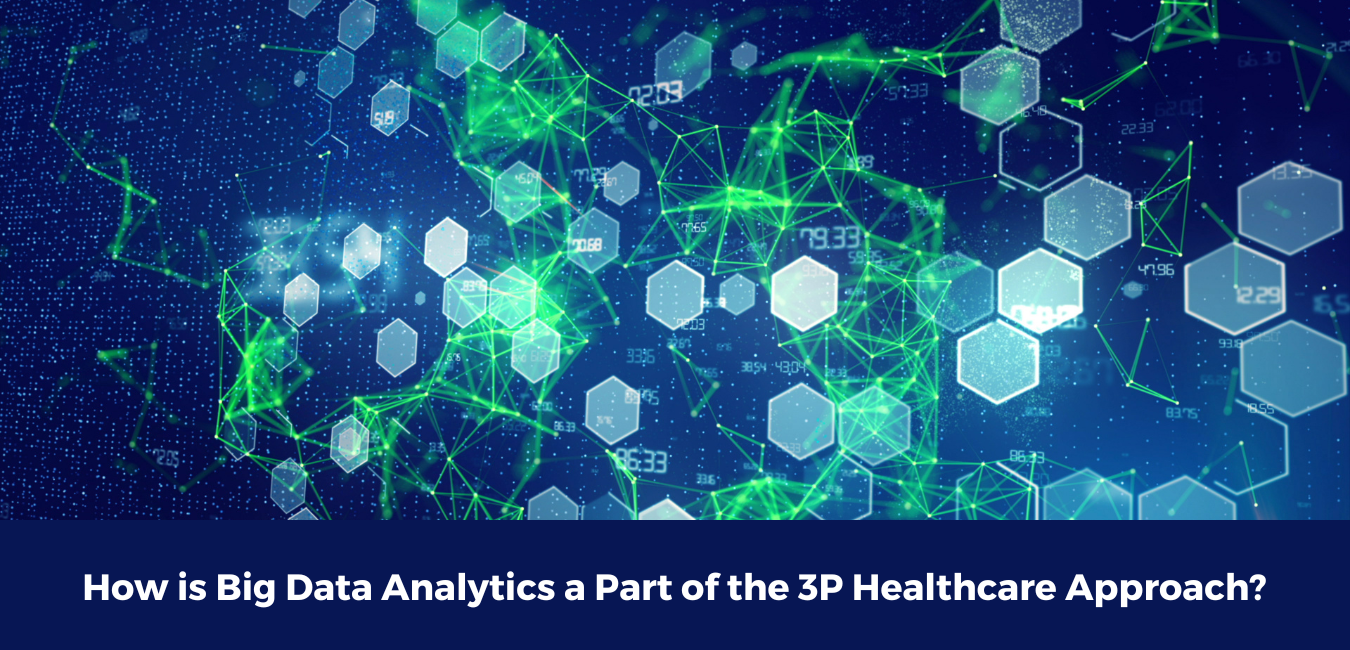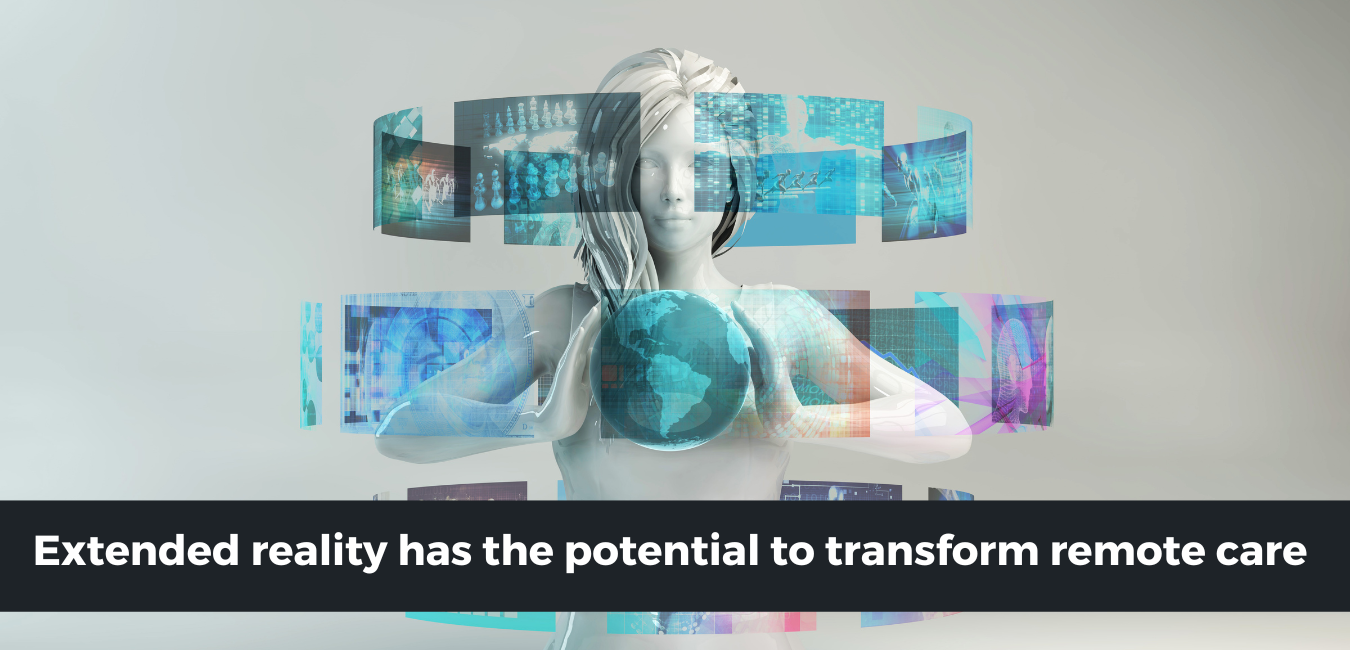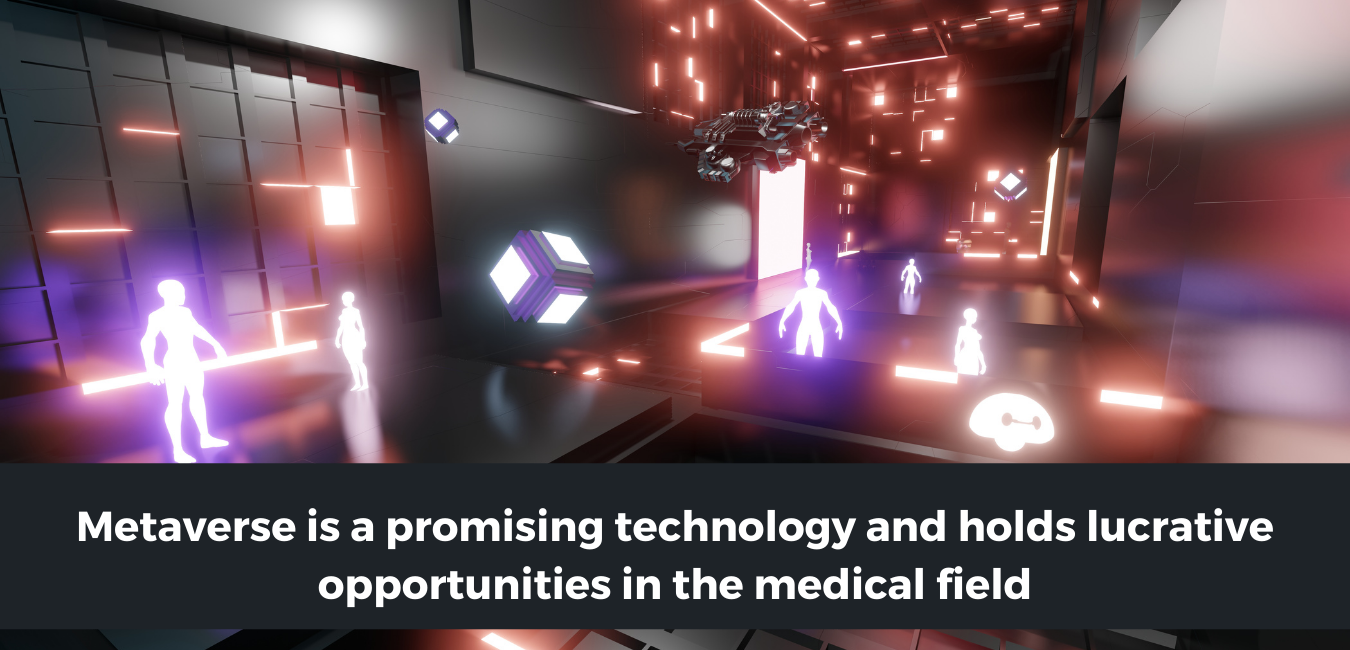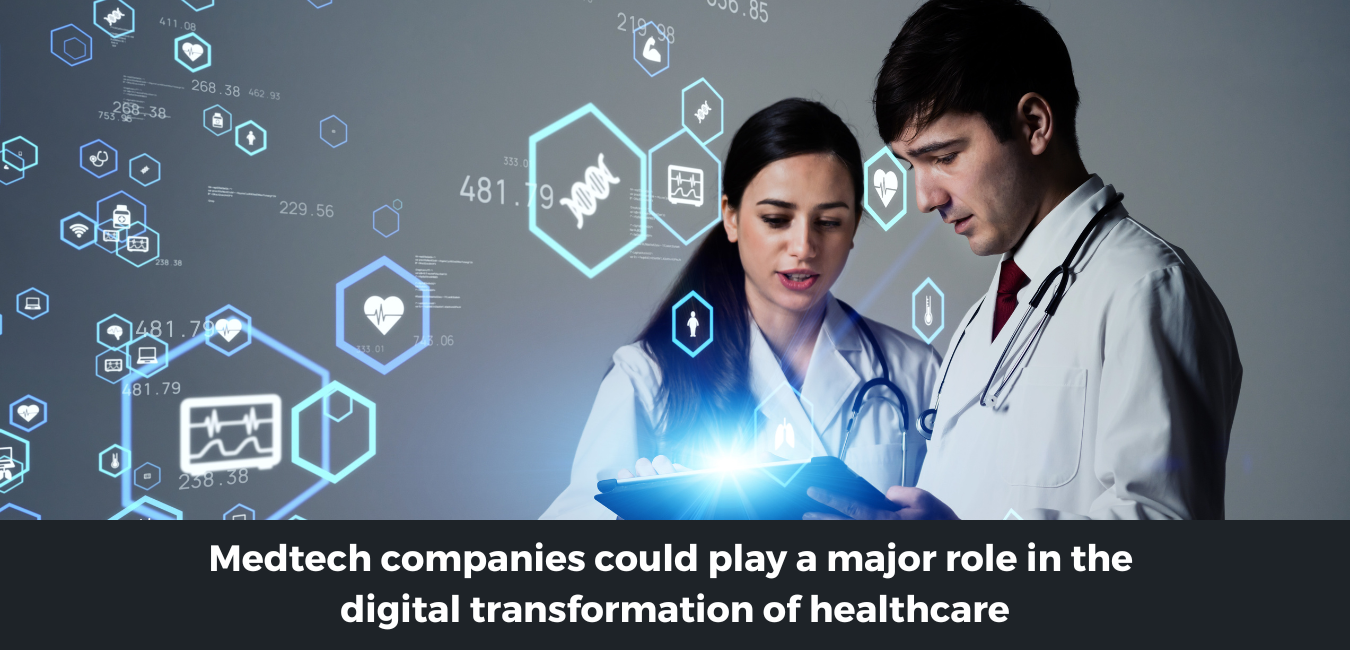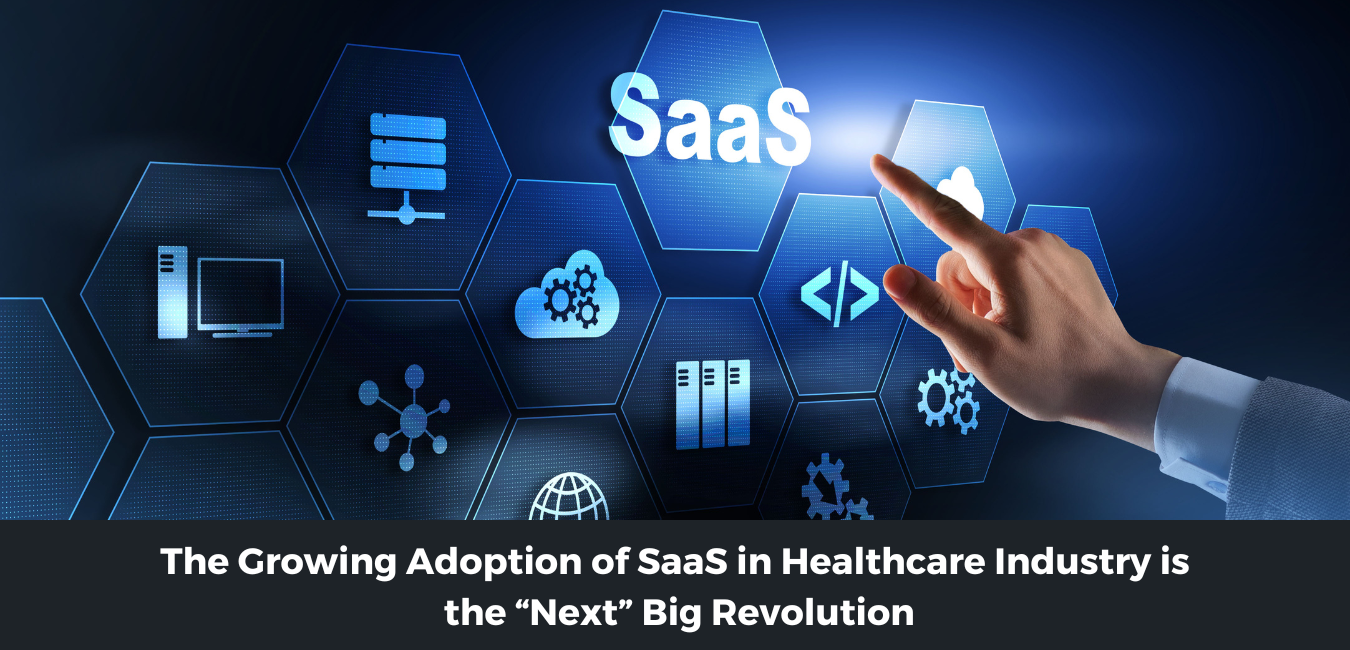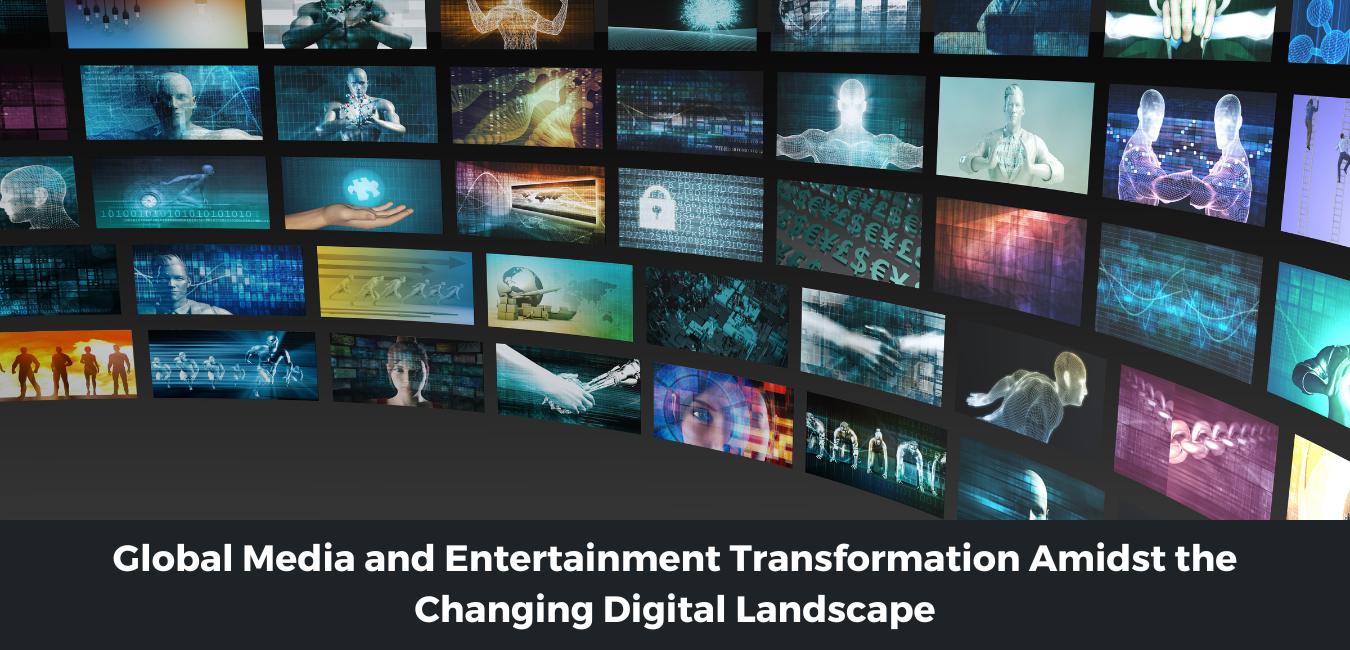Health care industry is on the brink of large-scale disruption
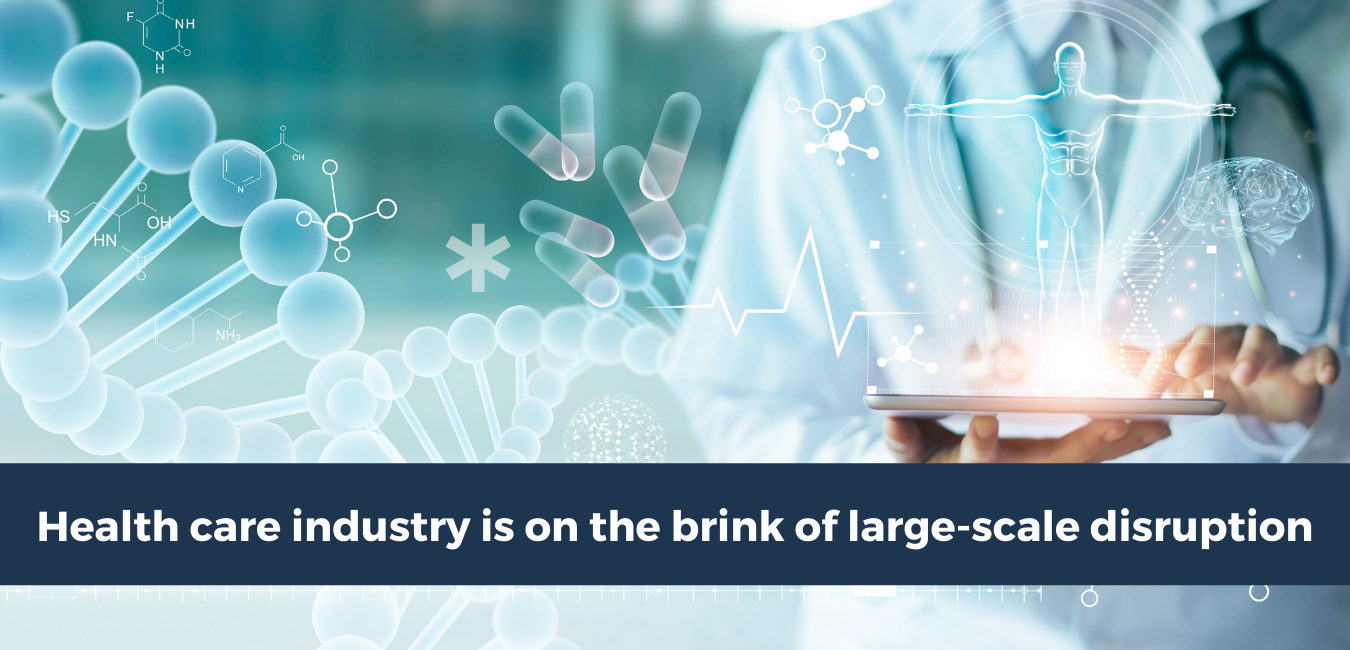
2019 was the year of the brutal truth. The pandemic revealed the vulnerabilities of the healthcare industry that we chose to ignore. The uncertainty and unprecedented times continued to create downstream pressures, making one thing pretty clear. The industry will crumble in the absence of interoperability, data sharing, and technological integration.
While the year was complex and challenging, the same tragedy became the guiding light to transform the existing health system collectively. That's how the digital healthcare revolution began, driven by emerging technologies and disrupting business models. If you believe you have seen enough, this is just the beginning.
Don't you agree? Hear us out!
The transition from B2C to C2B
Based on the data available, it won't be wrong to say that interoperable data and secure platforms drive digital transformation. The Future of Health will redefine the meaning of healthcare. It won't only be about people's health but their well-being and social, mental, emotional, and spiritual health. And consumers will drive the change. The digital transformation will empower consumers in ways that one can't imagine today.
The experts believe that the future of health will be organized around customers rather than the providers, and it will empower them to serve themselves. Trust is critical. For that, the organizations are now pushing themselves even more. For instance, they are letting consumers use their data.
- Apple Inc. added a feature where the users can access their collated medical records. They are ensuring a consumer-friendly approach and using it to create Fast Healthcare Interoperability Resources.
- Another company gave patients access to their medical records to share with doctors and researchers and enabled them to find some potential drug therapies.
There is a paradigm shift of the healthcare consumer from being at the mercy of the providers to completely taking control of their health.
The healthcare information sharing transition
Over the next two decades, the companies will make information accessible and, if given permissions, share it broadly. The blockchain and other security measures will allow the companies to resolve data security issues and potentially use it to market health information to develop better vaccines, medications, and so much more.
The shift to care models
Staffing is an issue pertaining to every industry. Clearly, healthcare isn't any exception. While the pandemic clearly helped everyone see a vulnerable side of the industry, the staffing issues were way before the pandemic hit the world. A study estimates that there will be a shortage of around 140,000 physicians by 2030.
But if the caregiver isn't around, the continuity of care hangs somewhere in between. This is why integrated care models enhance collaboration to improve cost, service, quality, etc. Thus, the healthcare outcomes will also improve. Thus, increasing staff engagement, enjoyment, and retention.
Many believe that in 2022, there will be a rise in the congregated housing and multi-residential model. The technological innovations will ease the burden and increase efficiency while improving the quality of care delivery.
The rise of post-acute care networks
Organizations will establish coordinated networks to introduce value-based payment models and improve driving savings. This will maximize profit to sustain themselves. There might be mergers with independents, reducing the number of staff, or reduced post-care.
But this is just a start.
This is how healthcare leaders can think about moving forward. The leaders need to connect for a larger mission. The leaders need to consider incorporating a hybrid work environment to set up their employees for growth and success. This will further ensure work-life balance. Digital transformation will enable to power every aspect of healthcare, from more accessible access to care to decreased costs.
Clearly, you can expect a large-scale disruption. Many believe that the healthcare ecosystem will be entirely transformed by 2040. This is what you can expect.
- While the traditional healthcare jobs won't change much on the surface, there will be changes in roles. The decisions will be made in concert with technology, augmented with data and innovations. The custom-tailored patient offerings will replace traditional healthcare practices. There will be more compassion, empathy, and humanity to embrace sustaining well-being.
- The hospitals will exist just like today. But the patient's demographics and categories will change. There will be a lot of focus on general medical issues. Localized health clubs will take over the routine care and services. The services will be aimed to improve care and focus on enabling well-being.
- There will be a lot of focus on delivering tailored treatments to individuals. Mass production of drugs could be a thing of the past. It will be more likely to shift to provide personalized treatments and other technology-based care systems to drive the change.
- The regulators will join hands rather than stay traffic cops. They will act as a catalyst rather than being the barrier.
- While diseases won't be eliminated, technology integration will lessen the severity and volume of disease. The earlier detection will allow the care providers to understand the progression better and ensure well-being.
There will be an exponential change in the pace of disruption in this space. There will be a convergence of technology and healthcare models that benefits the target audience.
The healthcare organization will move to greater data connectivity and interoperability. One can expect better consumer engagement and secure platforms in the future of health.
Final Takeaways: The Future of Health Begins Today
Whether it's 2022 or 2040, one thing that will remain constant in the future is "Change." It could be anything between technology, business model, customer interactions, or outcomes. The future of health will be all about care enablement, data and platforms, and the overall well-being of an individual instead of just crisis management.
Predictive and proactive solutions will surface and resurface to help humans stay on the right side of well-being. It will only be customer-centric, where the consumers will rule the changes and technological advancements. What role do you think you will play to make the transition smoother and more efficient? Will you be an early enabler, or will you wait until it becomes hype? The choice is yours.


